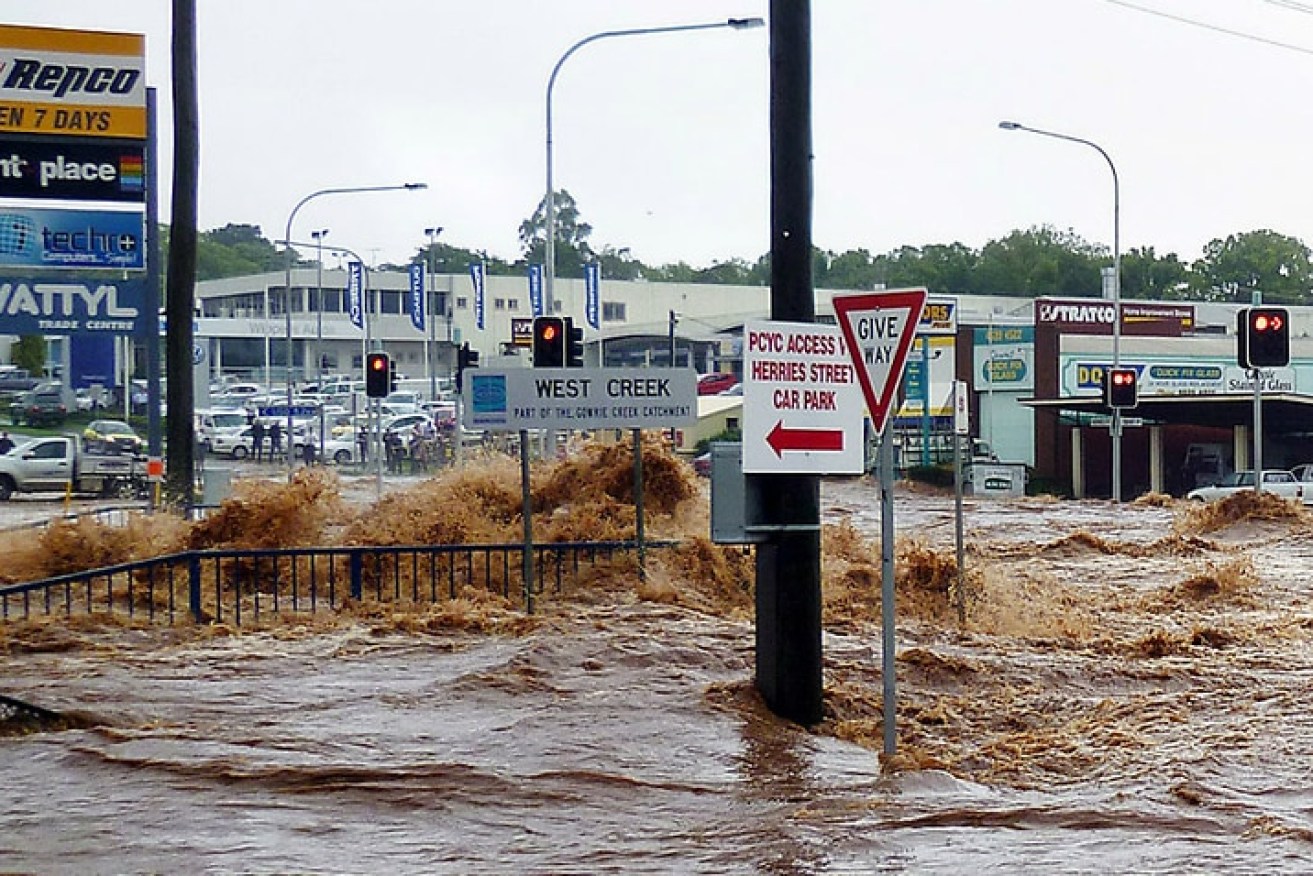Business calls for resilience assistance as floods shred revenue
The floods have devastated Queensland business with the latest survey showing massive revenue losses and a need for a last resort insurance fund, according to the Chamber of Commerce and Industry Queensland.


Business has been devastated by the floods (photo: SBS)
The impact on business highlighted the need for more resilience measures, according to CCIQ.
It said its survey showed that following the floods earlier this year, 8 per cent of businesses would lose about half their revenue while 27 per cent would lose about a fifth.
About half had insufficient insurance coverage and 38 per cent were unable to make any sort of claim. About 7 per cent had no insurance.
The flood impacts went well beyond water damage. Staffing became a problem, as did customer behaviour, suppliers were unable to access the business, power was lost and other businesses went broke.
CCIQ policy and advocacy manager Cherie Josephson said it was a repeat of the problems faced by business after the 2011 floods.
“We know businesses are struggling to access affordable insurance to cover their business, and when a disaster happens those priced out of the insurance market are at the highest risk. It’s why we’re calling for measures to improve insurance affordability and for an insurance of last resort fund to step in where insurance isn’t available,” Josephson said.
“The findings also showed businesses outside southeast Queensland were indirectly impacted, particularly access to supply chains to the rest of the state.
“Disaster preparedness and mitigation efforts can go a long way to reduce the impacts felt across state and reduce how long it takes to get businesses and communities back to full operation.”
Josephson said ahead of the State Budget, CCIQ was calling for measures to address insurance affordability, support community and infrastructure resilience and business sustainability.
Among the measures needed, CCIQ said the Government should expand funding arrangements for preparedness efforts and resilience in regions.
It needed to also accelerate investments in existing transport infrastructure assets to build resilience against extreme weather events. Priority should be given to mitigation and prevention projects across the regions. GST on insurance premiums had to be removed to reduce costs.
An “insurance of last resort fund” was needed as a financial mechanism to reduce environmental risk.
Disaster recovery funding needed to be boosted and councils needed funds to develop plans for transition to sustainable and resilient communities.












